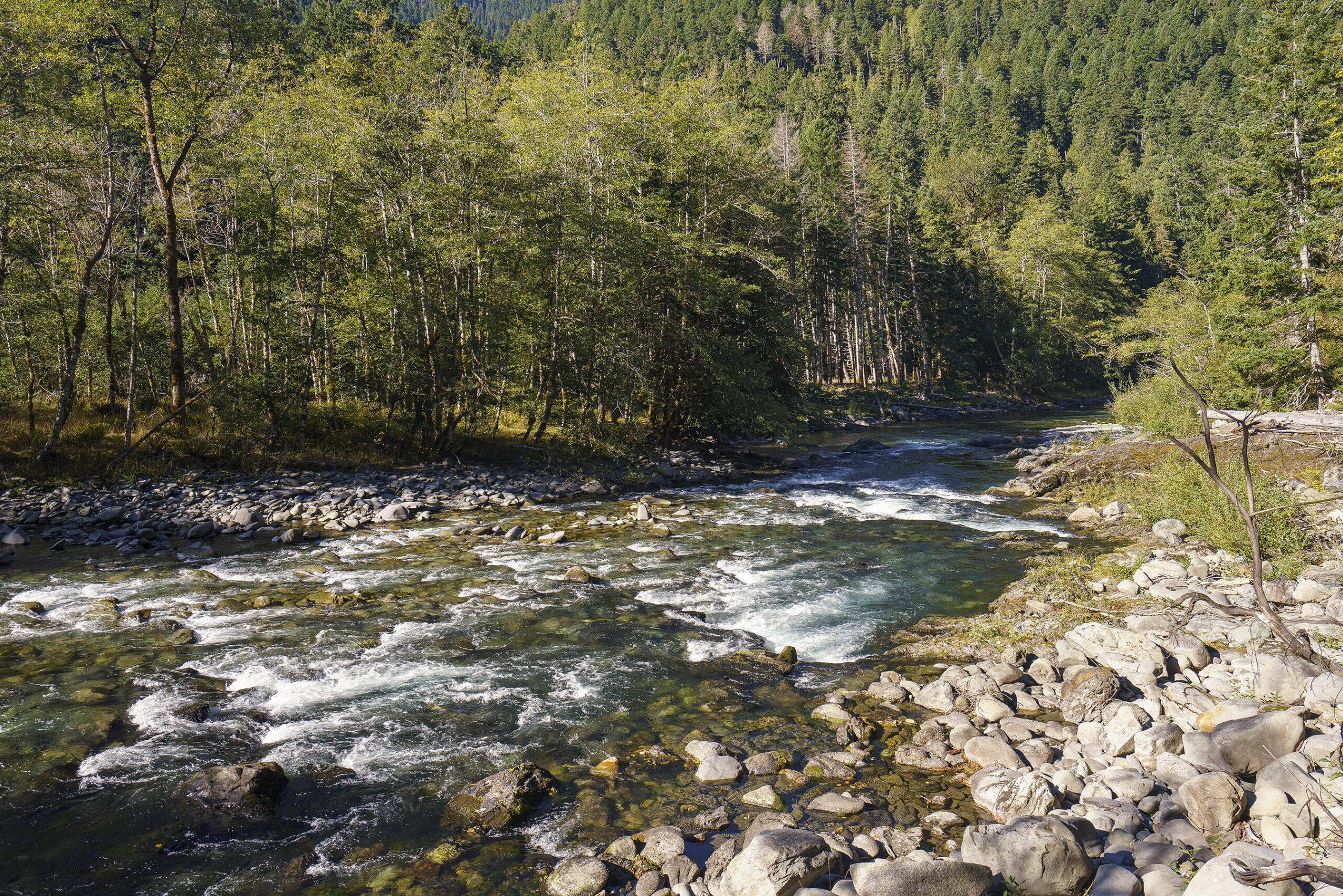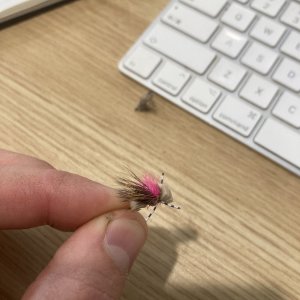Paige
Wishing I was fishing the Sauk
PORT ANGELES – The Lower Elwha Klallam Tribe (Tribe), Olympic National Park (ONP), and the Washington Department of Fish and Wildlife (WDFW) announced that the tribal ceremonial and subsistence fishery for coho salmon on the Elwha River will be open for a limited time during fall 2023. Additionally, the Tribe, ONP, and WDFW agreed to extend the closure of other recreational and commercial fisheries in the Elwha River for another year.
I have zero problems with tribal fisheries, but when we are forced out I call bull shit on WDFW for rolling over...
again and again and again and again again and again and again and again and again and again and again and again and again and again and again and again and again and again and again and again again and again and again and again and again and again and again and again and again and again and again and again again and again and again and again again and again and again and again and again and again and again and again and again and again and again and again and again and again and again and again again and again and again and again and again and again and again and again and again and again and again and again and again and again and again and again again and again and again and again and again and again and again and again and again and again and again and again again and again and again and again again and again and again and again and again and again and again and again and again and again and again and again again and again and again and again again and again and again and again and again and again and again and again and again and again and again and again and again and again and again and again again and again and again and again and again and again and again and again and again and again and again and again again and again and again and again again and again and again and again and again and again and again and again and again and again and again and again
I have zero problems with tribal fisheries, but when we are forced out I call bull shit on WDFW for rolling over...
again and again and again and again again and again and again and again and again and again and again and again and again and again and again and again and again and again and again and again again and again and again and again and again and again and again and again and again and again and again and again again and again and again and again again and again and again and again and again and again and again and again and again and again and again and again and again and again and again and again again and again and again and again and again and again and again and again and again and again and again and again and again and again and again and again again and again and again and again and again and again and again and again and again and again and again and again again and again and again and again again and again and again and again and again and again and again and again and again and again and again and again again and again and again and again again and again and again and again and again and again and again and again and again and again and again and again and again and again and again and again again and again and again and again and again and again and again and again and again and again and again and again again and again and again and again again and again and again and again and again and again and again and again and again and again and again and again













